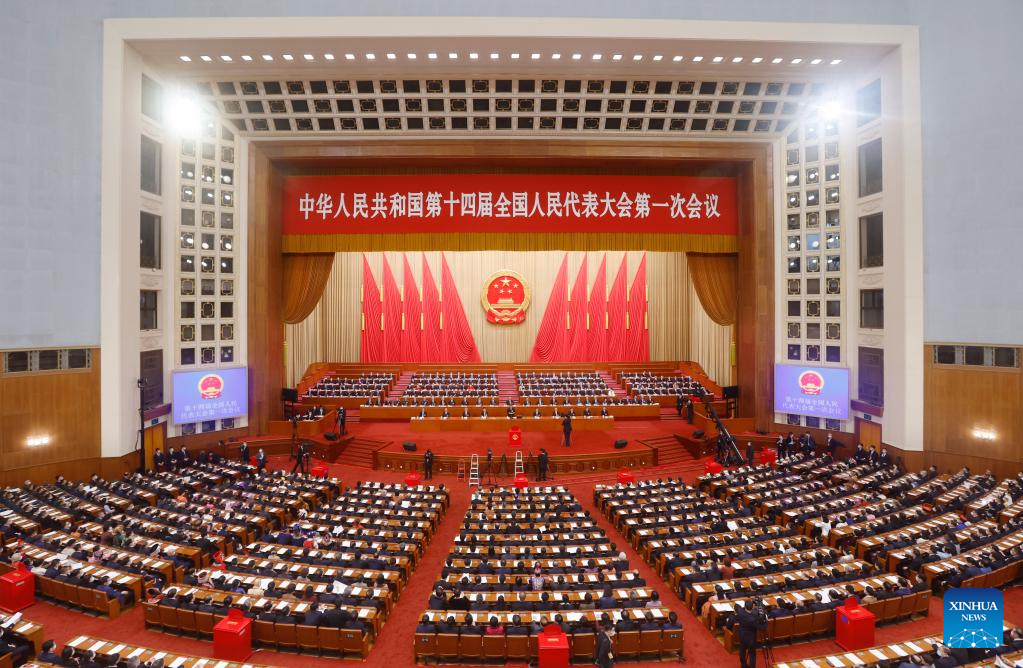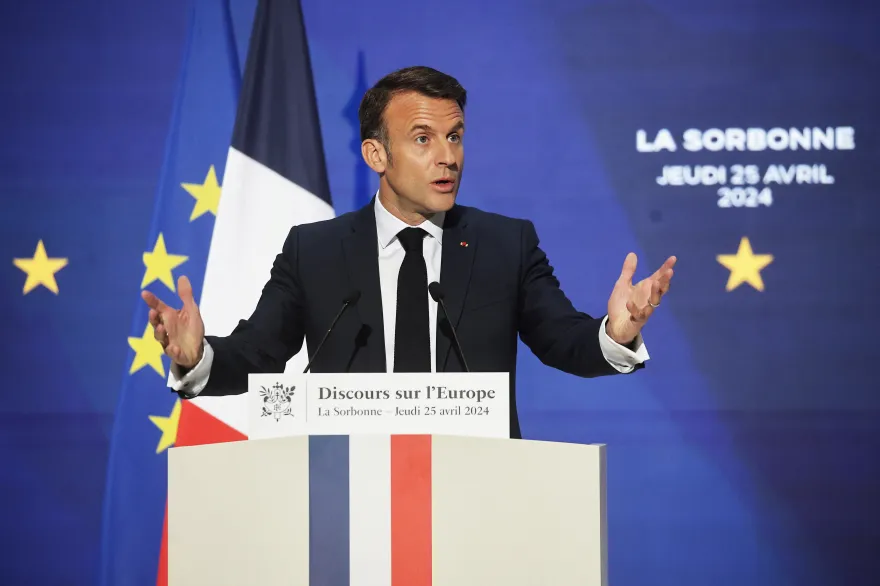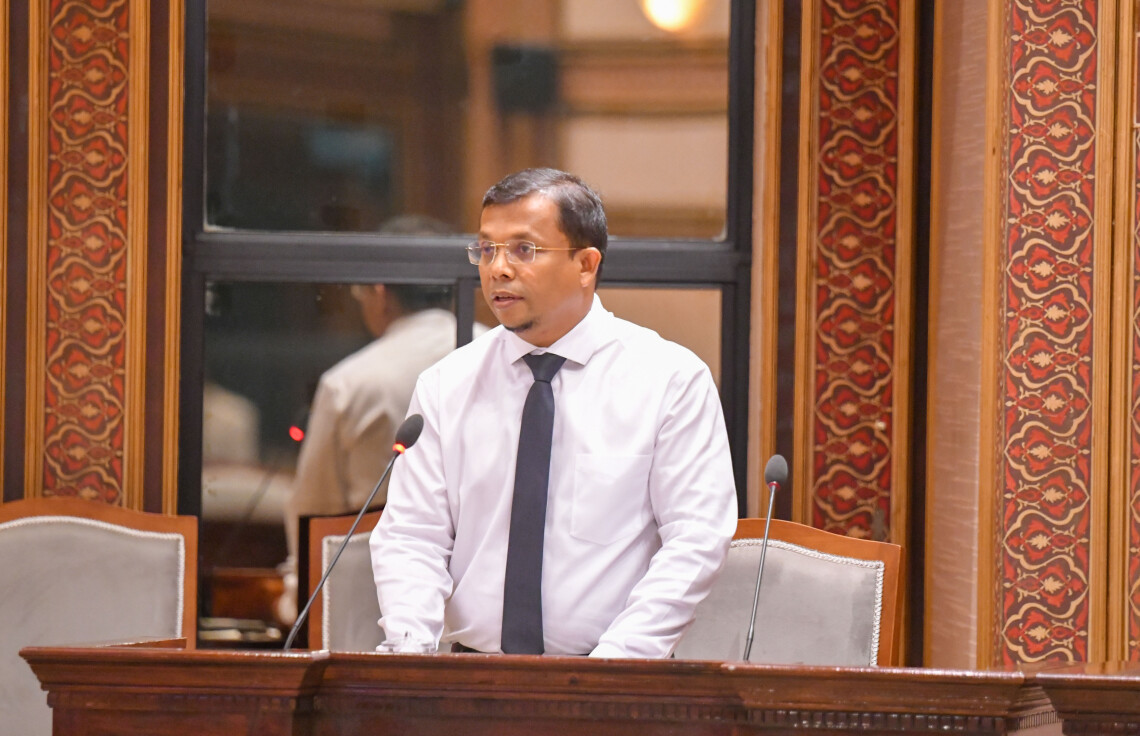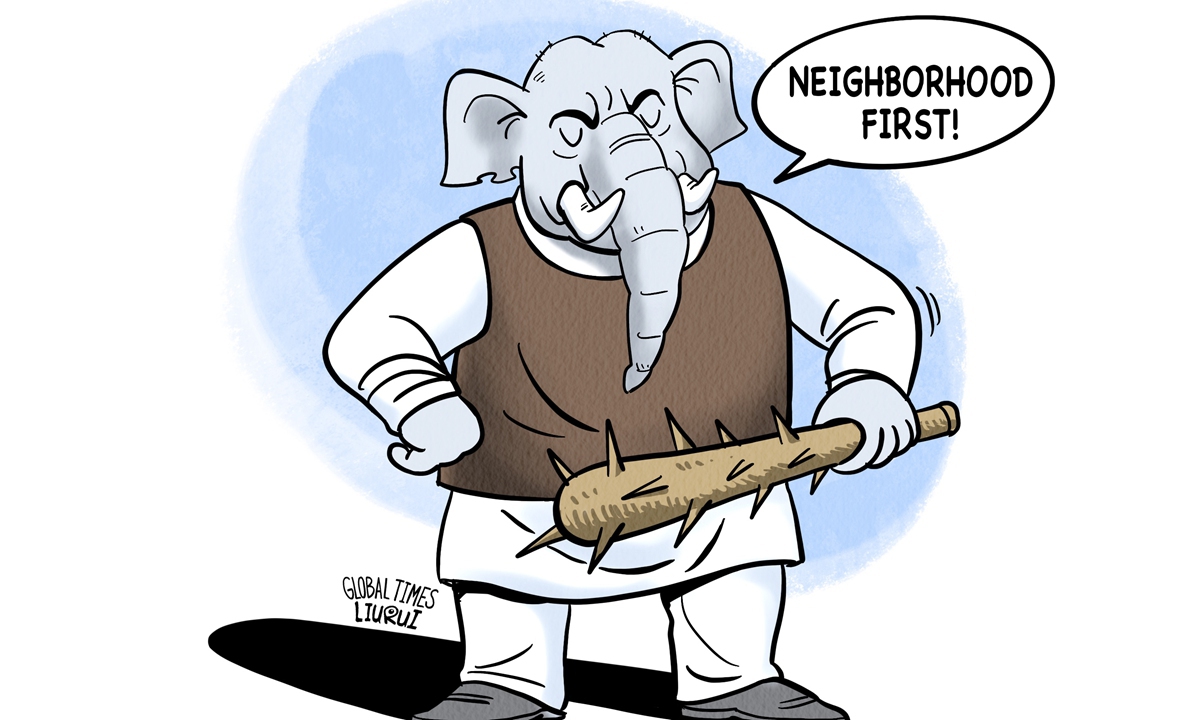BEIJING, March 14 (Xinhua) — Chinese President Xi Jinping delivered a speech Monday morning at the first session of the 14th National People’s Congress, the country’s national legislature.
The following is the full text of the speech:
Speech at the first session of the 14th NPC
March 13, 2023
By Xi Jinping
Fellow deputies,
I was elected at this session to continue to serve as the president of the People’s Republic of China (PRC). I would like to express my heartfelt gratitude for the trust placed in me by all the deputies and the Chinese people of all ethnic groups.
It is my third time to take on this noble position of the president of the PRC. The people’s trust has been my greatest source of strength to go forward and also the greatest responsibility on my shoulders. I will faithfully fulfill the duties prescribed in the Constitution, take the needs of the country as my mission and the people’s interests as the yardstick to follow, be committed and honest in my duties, devote myself to my work without reserve, and never fail to live up to the great trust of the deputies and the people.
Fellow deputies,
The Chinese nation, with a civilization spanning over 5,000 years, has created a myriad of glories and also been through a lot of hardships and adversity. With the advent of modern times, China was reduced to a semi-feudal and semi-colonial society, when bullying by foreign powers and frequent wars tore the country apart and plunged the Chinese people into an abyss of great suffering. Since its founding, the Communist Party of China (CPC) has closely united and led the Chinese people of all ethnic groups in working hard for a century to put an end to China’s national humiliation. The Chinese people have become the masters of their future, the Chinese nation has achieved the great transformation from standing up and growing prosperous to becoming strong, and China’s national rejuvenation has become a historical inevitability.
From now until the middle of the century, the central task of the Party and all Chinese people is to complete building China into a great modern socialist country in all respects and advance national rejuvenation on all fronts. And the baton of this central task has now been historically passed on to our generation. In accordance with the strategic plans made at the 20th CPC National Congress, we must implement the Five-Sphere Integrated Plan and the Four-Pronged Comprehensive Strategy, speed up Chinese modernization, strive in unity, and continue to break new ground, so as to make achievements on the new journey that answer the call of our times and history and meet the expectations of our people, and make due contributions of our generation to building a great country and achieving national rejuvenation.
Fellow deputies,
On the new journey to build China into a great country and to achieve national rejuvenation, we must unswervingly promote high-quality development. We must fully and faithfully apply the new development philosophy on all fronts and accelerate the efforts to foster a new development pattern. We must fully implement the strategy for invigorating China through science and education, the workforce development strategy and the innovation-driven development strategy, and focus on achieving greater self-reliance and strength in science and technology. We must also promote transformation and upgrading of industries, promote coordinated urban-rural and regional development, make further efforts to build a green and low-carbon economy and society, and effectively upgrade the quality and appropriately expand the output of our economy, so as to constantly increase our economic strength, scientific and technological capabilities and composite national strength.
We must remain committed to putting the people first. The people are the decisive force for building China into a great modern socialist country in all respects. We must proactively develop whole-process people’s democracy, uphold the unity between the Party leadership, the running of the country by the people and law-based governance, improve the system of institutions through which the people run the country, fulfill the people’s will, protect their rights and interests and fully inspire their enthusiasm, initiative and creativity. We need to implement a people-centered philosophy of development, improve the system of income distribution, perfect the social security system, and enhance basic public services. We must ensure that the basic living needs of all our people are met, and work hard to resolve the pressing difficulties and problems that concern them most. We must do a better job of seeing to it that the gains of modernization benefit all our people fairly, and make more notable and substantive progress in promoting common prosperity for all. We must strengthen the great unity of the Chinese people of all ethnic groups and the great unity of all the sons and daughters of the Chinese nation at home and abroad, thus mobilizing all positive factors to give shape to a mighty joint force for building a great country and advancing the rejuvenation of the Chinese nation.
We need to better coordinate development and security. Security is the foundation of development and stability is the prerequisite for prosperity. We must resolutely pursue a holistic approach to national security, improve the national security system, strengthen our capacity for safeguarding national security, enhance public security governance, and improve the social governance system. With this new security architecture, we will be able to better safeguard China’s new pattern of development. We should comprehensively promote the modernization of our national defense and our armed forces, and build the people’s military into a great wall of steel that can effectively safeguard our nation’s sovereignty, security and the interests of our development.
We should solidly promote the practice of “one country, two systems” and the great cause of national reunification. The long-term prosperity and stability of Hong Kong and Macao special administrative regions is indispensable to the building of a great China. We should fully, faithfully, and resolutely implement the policy of “one country, two systems,” under which the people of Hong Kong administer Hong Kong and the people of Macao administer Macao, both with a high degree of autonomy. We will remain committed to law-based governance in Hong Kong and Macao and will support Hong Kong and Macao in developing their economies and improving people’s livelihood, so that they can better integrate themselves into the overall development of the country. Realizing China’s complete reunification is a shared aspiration of all the sons and daughters of the Chinese nation as well as the essence of national rejuvenation. We should implement the Party’s overall policy for resolving the Taiwan question in the new era, uphold the one-China principle and the 1992 Consensus, actively promote the peaceful development of cross-Strait relations, resolutely oppose foreign interference and separatist activities aimed at “Taiwan independence,” and unswervingly promote progress towards national reunification.
We must strive to promote the building of a community with a shared future for mankind. China’s development benefits the world, and China cannot develop itself in isolation from the world. We must solidly promote high-level opening up, not only making good use of the global market and resources to develop ourselves, but also promoting common development of the world. We must hold high the banner of peace, development, cooperation and mutual benefit, always stand on the right side of history, practice true multilateralism and the common values of mankind, actively participate in the reform and development of the global governance system, and promote the development of an open world economy. We should promote the implementation of Global Development Initiative and Global Security Initiative, so as to add more stability and positive energy to world peace and development, and create a favorable international environment for our country’s development.
Fellow deputies,
To do a good job of governing the country, the Party should do a good job of governing itself; and to build a great country, the Party must be thriving. To promote the building of a great country, it is essential to uphold the leadership of the CPC and the centralized, unified leadership of the CPC Central Committee, and to step up Party building in a solid manner. We must remain sober-minded and resolved about addressing the challenges unique to a big political party as ours, and have the courage to carry out self-reform. We must unceasingly exercise full and rigorous Party self-governance, unswervingly fight against corruption, and always maintain the unity and solidarity of the Party. By doing so, we will be able to ensure that the Party will never change its nature, its conviction, or its character, which will serve as a strong guarantee for building a great country and advancing national rejuvenation.
Fellow deputies,
The grand goal of building a great country and achieving national rejuvenation is encouraging and motivating. We should seize the day, remain confident in our history, exhibit greater historical initiative, uphold fundamental principles and break new ground, maintain strategic resolve, carry forward the fighting spirit, and strive to overcome all difficulties, to contribute to the great cause of building China into a great country and achieving national rejuvenation.
Thank you.

 World6 days ago
World6 days ago
 World6 days ago
World6 days ago
 News4 days ago
News4 days ago
 News7 days ago
News7 days ago
 News4 days ago
News4 days ago
 News5 days ago
News5 days ago
 News4 days ago
News4 days ago
 News3 days ago
News3 days ago
























